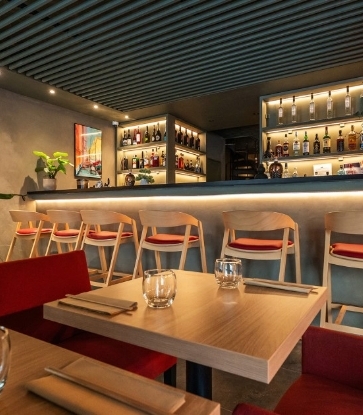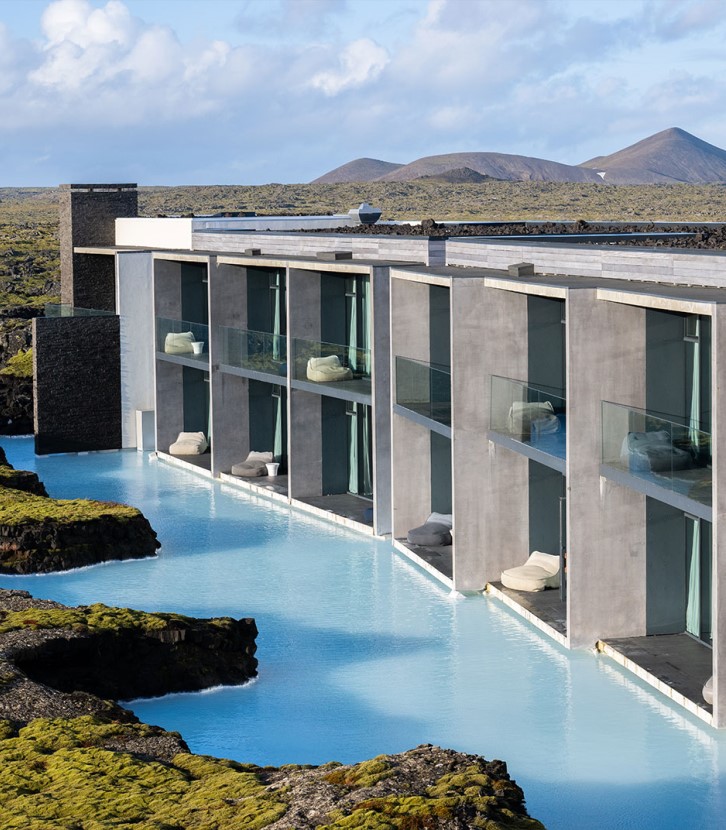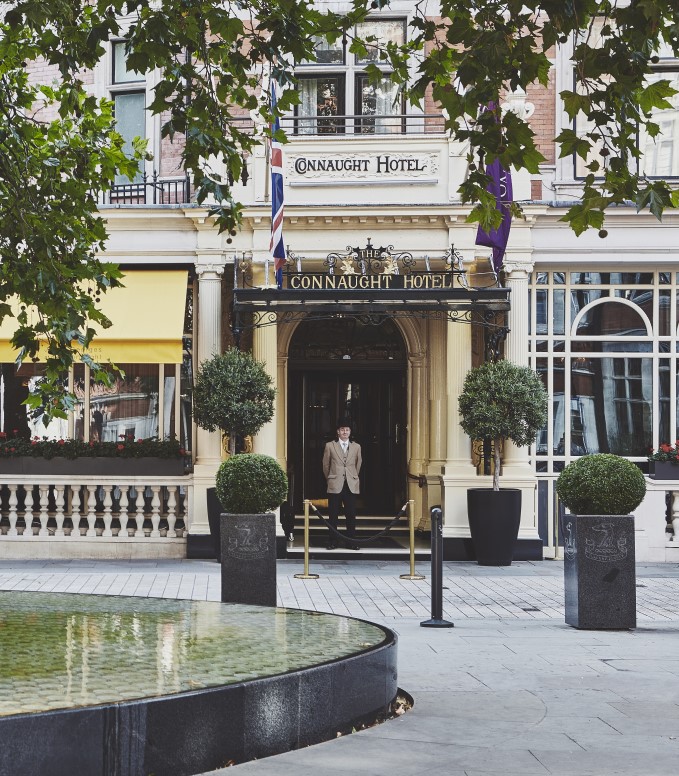With this year’s MICHELIN Guide Ceremony for Great Britain & Ireland having been a joyous celebration of gastronomy, it's a perfect time to learn more about the event's host city of Manchester. A place at the very forefront of British culture, Manchester made for a brilliant location in which to celebrate the very best of the country’s cooking.

The Ceremony took place at The Midland Hotel – a real icon of the city’s architectural landscape. This Grade II listed building takes up a whole block and is an imposing presence in the city centre, lending a real sense of grandeur to everything around it. The hotel was first opened in 1903 and it still looks strikingly similar today, with the façade retaining a sense of historical significance.
The Midland began life as a hotel for train travellers, built by the Midland Railway to house people coming up from London. At the other end of the line was what is now known as the St. Pancras Renaissance Hotel, The Midland’s counterpart in the capital. Now well into its second century of business, the hotel has managed to keep pace with the times while showing a reverence for its own history.

Behind the spectacular red-brick façade, you’ll find a hotel that’s as dignified as they come; there’s no cheeky boutique gestures here, just classical elegance. The public spaces have an imposing quality befitting of the exterior, while the 312 rooms and suites are softer, though no less finely wrought. As with many a high-end hotel, an award-winning spa adds to the overall sense of relaxation. The Rena Spa offers a gym, treatments and sauna to help you forget your troubles.
Situated at the end of the bustling Oxford Road, The Midland is in the very heart of the city and within easy reach of those travelling both to or around Manchester. St. Peter’s Square tram stop is just over the road, and both the Piccadilly and Oxford Road stations are just a short walk away. The hotel is just as well-located for shops, bars and, of course, restaurants – The Midland is a perfect base from which to discover the city’s dining scene, which you can read about in more detail here.
Of course, there are many other Michelin-recommended hotels at your disposal across Manchester.
Not far from The Midland you have a trio of converted historic buildings now plying their trade as hotels. The Edwardian Manchester, A Radisson Collection Hotel, sports a similarly stately exterior to The Midland and was once the city’s Free Trade Hall. Moxy Manchester City, meanwhile, is a largely modern extension of a former hat factory in the Spinningfields area. Inside, you’ll find references to legendary Manchester bands like Joy Division and The Smiths. On the other side of The Midland, you’ll find the rather grand Kimpton Clocktower Hotel, which lies opposite Manchester Oxford Road station and sits inside a Victorian office building with, unsurprisingly, an impressive clocktower.

During your trip to Manchester you may well want to visit the trendy Northern Quarter, home to cafés, bars and famed live music venues. Three Michelin-recommended hotels lie within easy reach and are all conveniently close to Manchester Piccadilly station too. Malmaison Manchester and ABode Manchester both occupy former warehouses, harking back to the city’s place at the heart of the industrial revolution. The former brings the UK-wide group’s stylish modern design to its historic building, while the latter mixes period detailing with playful contemporary design. Dakota Manchester, meanwhile, is wholly modern, with a swanky, glamorous approach.
To be close to the city’s nightlife, you might want to opt for the Leven Manchester or the Velvet Hotel. Both are on the doorstep of the lively Canal Street, which is at the epicentre of the city’s popular Gay Village. Leven is yet another industrial conversion and offers loft-like rooms that are typical of these hotels; Velvet sits above the restaurant and bar of the same name, making it the ideal party hotel.
Lastly, in the north of the city on the Salford side of the River Irwell, is The Lowry Hotel. It’s named after artist L. S. Lowry, one of Manchester’s most important cultural figures. The hotel boasts luxury facilities and tremendously plush furnishings, wrapped up in a cool, glass-fronted building.






%20-%20Aman%20Nai%20Lert.jpg)



